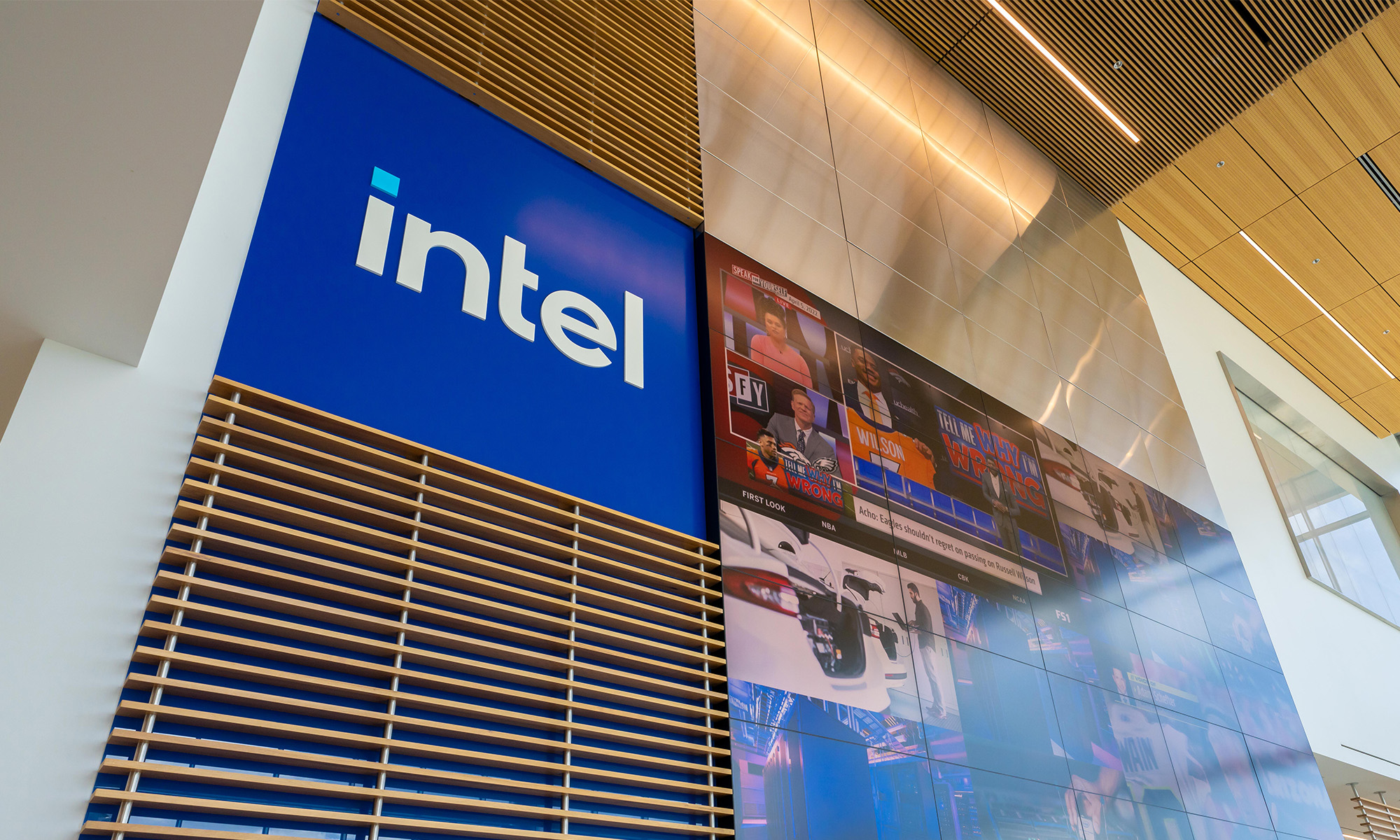
What: Shares of chip giant Intel (INTC 2.81%) tumbled 11.7% in June, according to S&P Capital IQ data, driven by a number of analyst downgrades, the announcement of the largest acquisition in the company's history, and continued weakness in the PC market.
So what: On June 1, Intel confirmed it would pay $54 per share, or about $16.7 billion, to acquire FPGA designer Altera. This deal will increase Intel's debt load, which has grown by more than a factor of six over the past five years. A BMO analyst was pessimistic regarding the acquisition, citing its high cost, aggressive growth assumptions on the part of Intel, and the increase in debt. BMO cut its price target for the stock from $40 per share to $33 per share.
On the PC market, May sales from Taiwanese PC contract manufacturers came in weaker than expected last month, and Micron, a leading manufacturer of DRAM, provided soft guidance when it reported its fiscal third-quarter earnings. This all came after Intel provided weak guidance of its own in April when it reported lackluster second-quarter earnings.
These signs of weakness led analysts at Deutsche Bank and other institutions to cut their earnings targets for Intel. Goldman Sachs slapped a pessimistic $23 price target on the shares. Most analysts expect the PC situation to improve later this year with the launch of Windows 10 and Intel's Skylake.
Now what: Intel is still heavily dependent on the PC market, despite the strong growth of its data center business and its aggressive entry into the mobile market, so any weakness in personal computers certainly warrants concern. IDC expects global PC shipments to decline by 6.2% in 2015; while it does expect growth to eventually pick back up, it predicts a compound annual growth rate of just 0.4% over the next five years.
Intel anticipates flat revenue this year, with data center growth counteracting weakness in the PC market. The company also cut its outlook for full-year capital spending when it announced its first-quarter earnings, suggesting it doesn't expect lackluster demand for PCs to improve in the near future.
The longer-term outlook for Intel appears a bit better as the company slowly decreases its dependence on the PC. Progress is being made in the mobile market, the Internet of Things is in its infancy, and demand for server chips is growing. At the moment, though, the PC accounts for the majority of Intel's profits, and weak demand will continue to weigh on the company's results.






